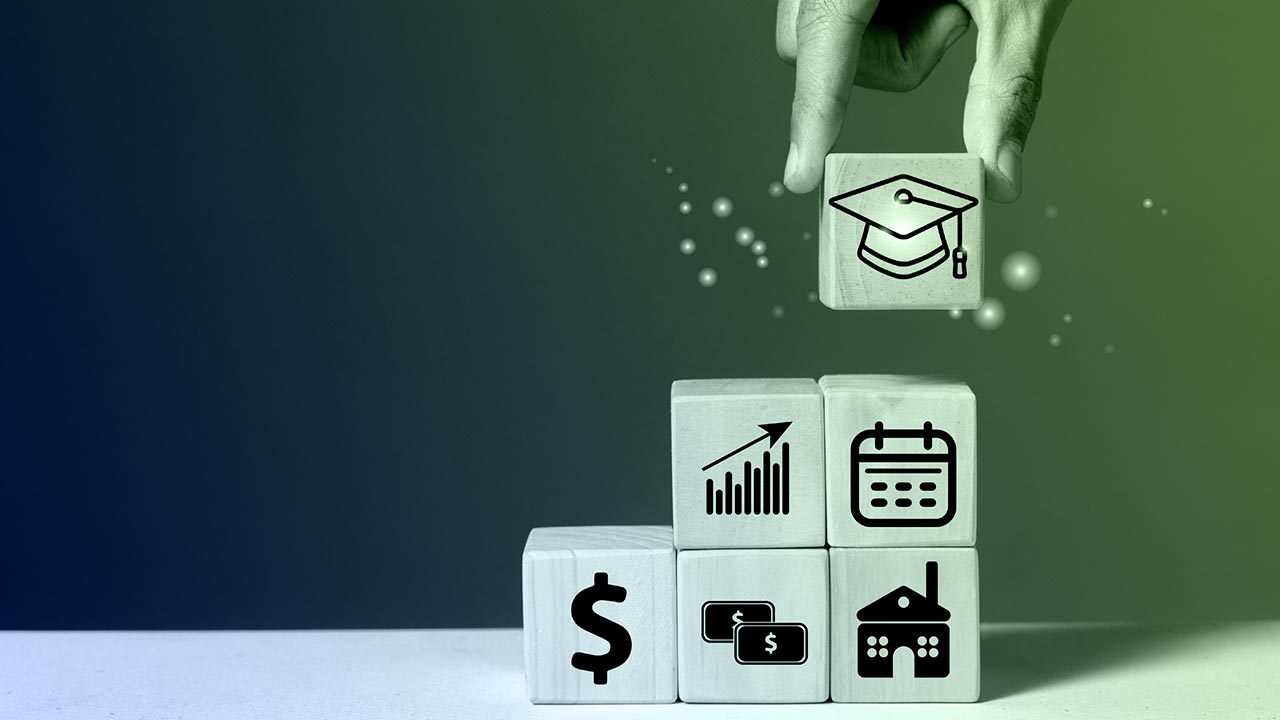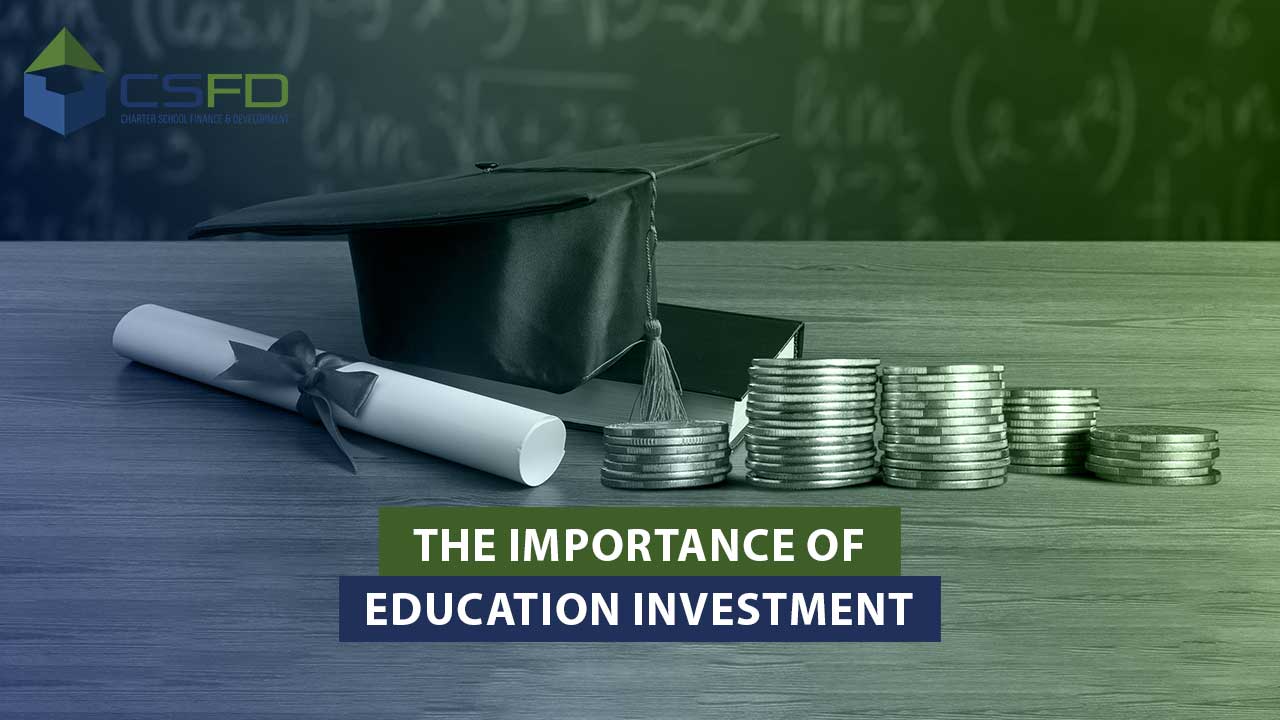The Importance of Investment in Education
Education is considered one of the cornerstones of societies and one of the most powerful tools that shape our future. The right to education for every individual is a fundamental necessity for the progress and development of a society. However, the importance of investments in education is often overlooked. In this article, we will discuss the 'Significance and Returns on Investment in Education' and examine why these investments are critical and how they benefit society.
The Importance of Investment in Education The importance of investments made in education can be evaluated from various perspectives:
Development of Human Capital:
Education is the key to enhancing human capital. Human capital refers to individuals' knowledge, skills, and experiences. Education contributes to increasing this capital and making individuals more productive. a more educated population carries greater potential for innovation, creativity, and productivity.
Societal Progress and Welfare:
Education enhances the progress and welfare of a society. More educated individuals have better access to job opportunities and achieve higher income levels, thereby raising living standards for themselves and their families. Simultaneously, it contributes to the overall welfare of society.

Reduction in Unemployment:
Education plays a crucial role in reducing unemployment. More educated individuals become more competitive in the labor market and have access to a greater number of job opportunities, helping to lower unemployment rates in society.
Alleviation of Poverty:
Education is an effective tool in reducing poverty. Educated individuals can access higher-paying jobs and better support their families, which contributes to the reduction of poverty and a decrease in the need for social assistance.
Returns on Investment in Education Investments in education yield long-term and sustainable impacts, providing significant advantages for individuals, societies, and countries:
Economic Growth:
A more educated workforce supports economic growth. Educated individuals contribute to the economy by being more productive and having the potential for greater innovation. This accelerates a country's economic development.
Improved Health:
Education is associated with better health outcomes. Educated individuals have better access to healthcare and tend to adopt healthier lifestyles, resulting in reduced health problems and lower healthcare expenses.
Social Progress:
Education promotes social progress. Educated individuals tend to be more conscious and active citizens, enhancing democratic participation and contributing to the resolution of societal issues.
Investments in education are not only one of society's most valuable assets but also yield long-lasting and sustainable results. Here are some areas where investments in education provide additional benefits:
Enhanced Creative Potential:
Education enhances individuals' ability to think creatively. People with better education are more skilled at looking at issues from different perspectives, problem-solving, and generating new ideas, which fosters innovation in artistic and scientific fields.
Social Harmony and Tolerance:
Education contributes to the development of tolerance and social harmony. Educated individuals are more inclined to understand different cultures and viewpoints, leading to better relations between communities and reduced conflicts.
Environmental Conservation and Sustainability:
Educated individuals are more environmentally aware. Better education promotes more effective utilization of natural resources and contributes to addressing environmental issues.
Democratic Participation:
Education encourages active participation in democratic processes. Educated individuals tend to make more informed voting decisions, contribute more to public issues, and strengthen democratic institutions.

Global Competitive Advantage:
A well-educated workforce has the potential to be more competitive on the international stage. Countries with educated human resources can play a more significant role in the global economy.
Technological Advancement and Industrial Development:
Educated individuals are quicker to adopt new technologies and can contribute to their development. This accelerates technological progress and promotes industrial growth.
Social Services and Infrastructure Improvements:
Education contributes to the generation of more public resources. Educated individuals, due to their higher income levels, pay more taxes, which can be used to enhance social services and infrastructure.
Resilience to Crises:
Education equips individuals to be more resilient in the face of economic crises and challenges. Higher levels of education improve employability and crisis management skills.
Cultural and Artistic Richness:
Education promotes cultural and artistic richness. Educated individuals contribute to the preservation and development of arts, literature, music, and other cultural expressions.
International Cooperation and Diplomacy:
Educated individuals provide a foundation for more effective international cooperation and diplomacy. Leaders with higher education tend to be more capable in diplomatic relations and play crucial roles in addressing global issues.
Social Change and Justice:
Education encourages social change. Educated individuals often advocate for social justice and support policies that promote equality.
Legacy for Future Generations:
Education is one of the most valuable legacies a society can pass on to future generations. A robust education system helps future generations build a better world.
Investments in education are critical for the development of individuals, communities, and nations. Education enhances human capital, promotes societal progress, reduces unemployment and poverty, supports economic growth, improves health outcomes, and increases democratic participation. Therefore, supporting the right to education for every individual is essential for building a fairer, more sustainable, and prosperous future.


